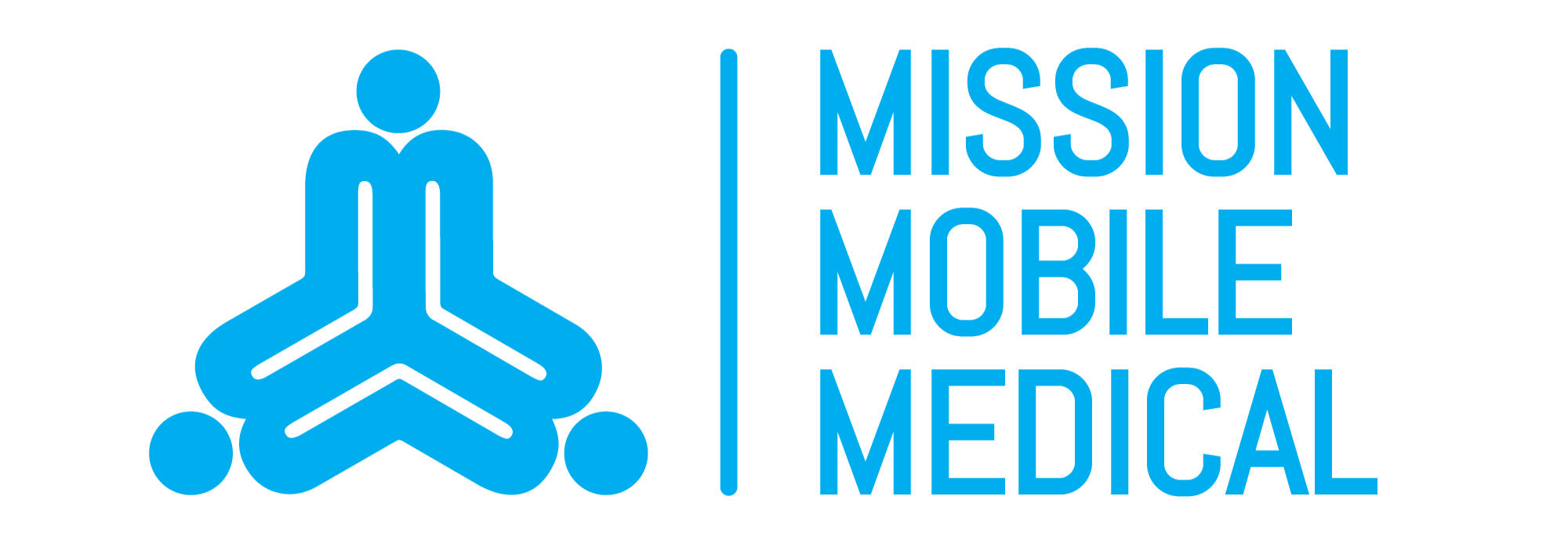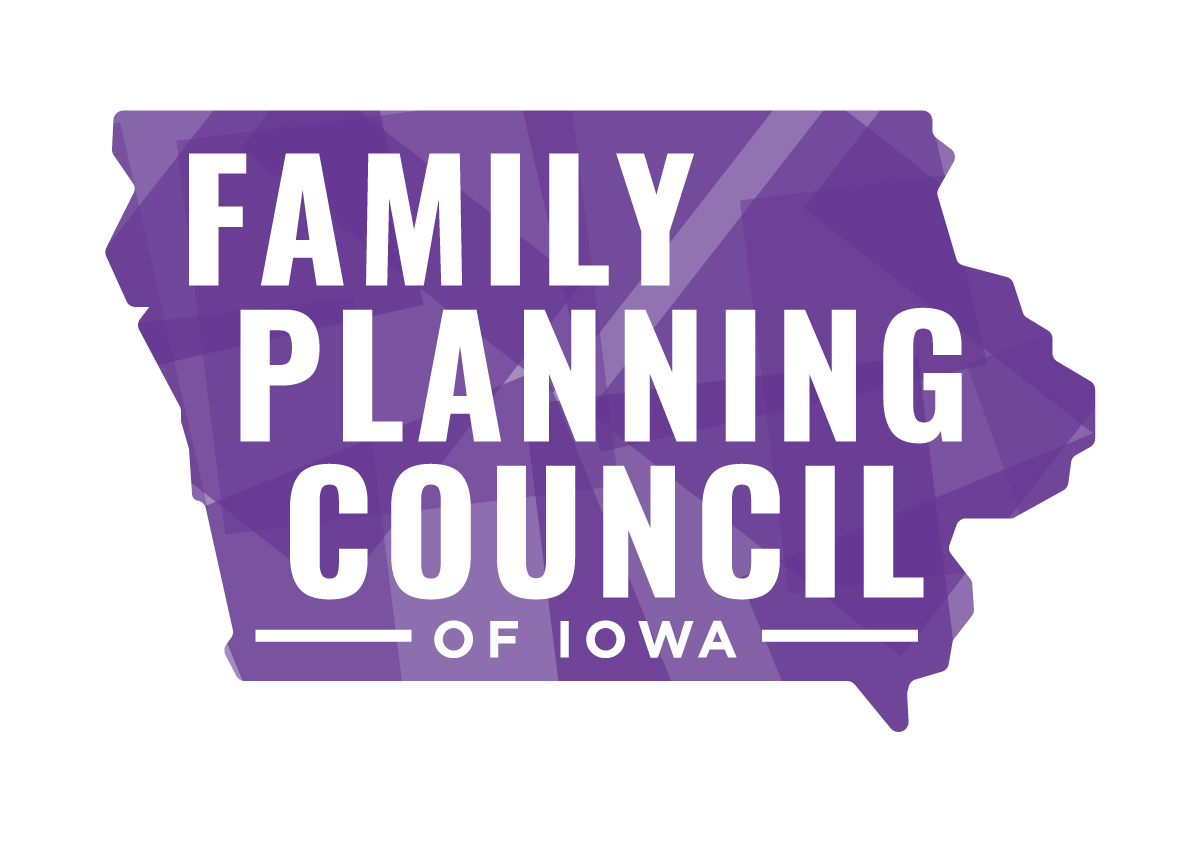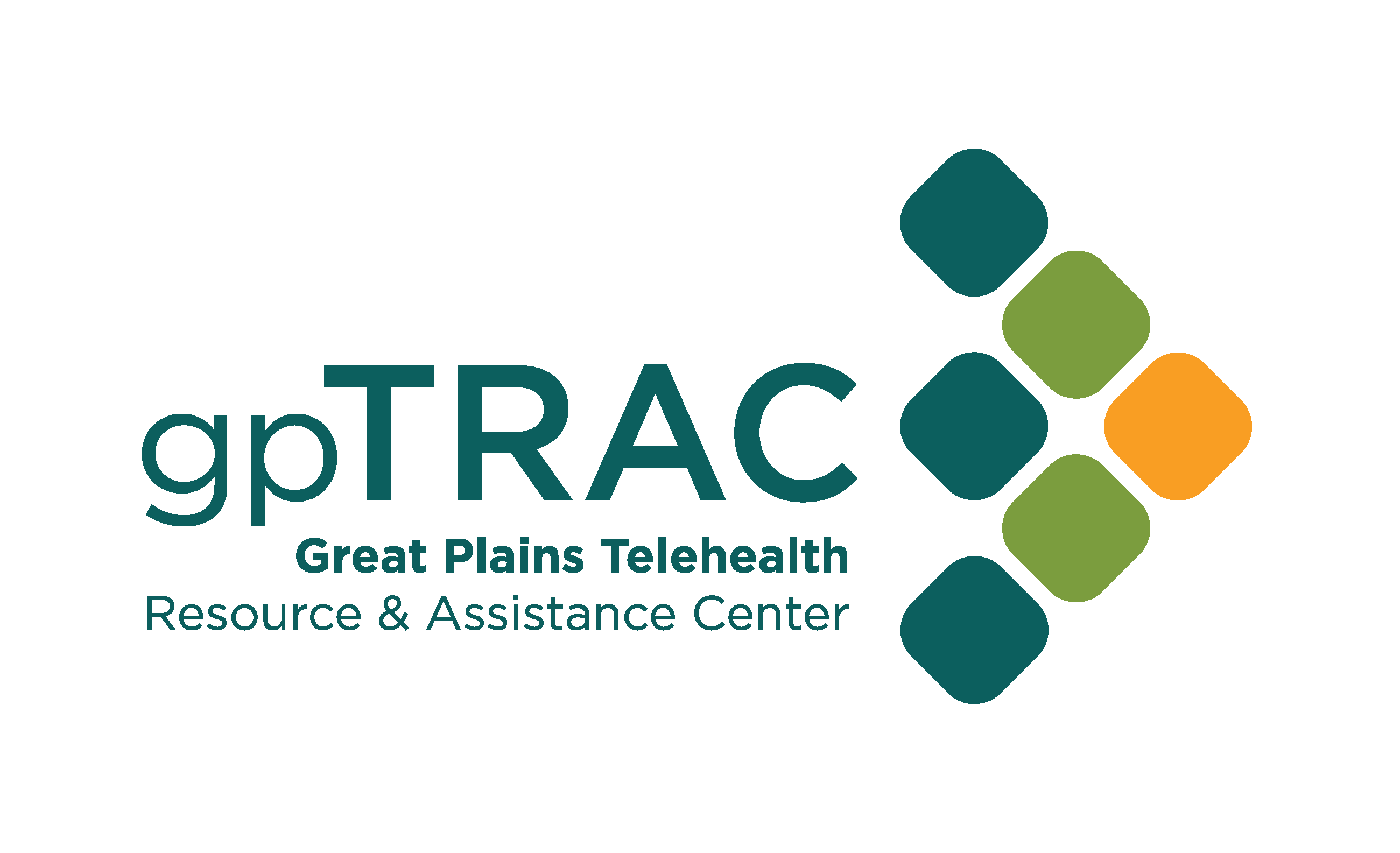Dr. Carter G. Woodson, founder of the Association for the Study of African American Life and History (ASALH) first established “Negro History Week” during the second week of February. It is often said he selected the month to align with the birthdays of Abraham Lincoln and Frederick Douglass, days historically used for commemorating Black history.
The Iowa PCA acknowledges the inequities that persist in the American healthcare system for Black Americans and celebrates the impact and legacy of Black scholars, medical practitioners, and other health and wellness workers, including birth workers, doulas, midwives, herbalists, naturopaths and others. Many of healthcare’s firsts and advancements were accomplished by Black health experts and professionals, including blood transfusions, open heart surgery, sickle cell disease screening for newborns, pacemakers, and more. You can learn about a few of these individuals here.
It is important to also acknowledge the major health disparities faced by Black Americans today. Racial and ethnic minority groups experience higher rates of illness and death across a wide range of health conditions, including diabetes, hypertension, obesity, asthma, and heart disease, when compared to their white counterparts. The maternal mortality rate is three times higher for Black women than for white women. The life expectancy of non-Hispanic/Black Americans is four years lower than that of white Americans. The Covid-19 pandemic has only exacerbated these disparities.
The Iowa Primary Care Association recognizes that the community health center movement’s roots are in the American Civil Rights Movement and the efforts of Black activists and health experts around the world. This month we recommit ourselves to intentional action in our work and to our vision of health equity for all, as we celebrate the legacy of Black communities and individuals and remind ourselves that there is no American history without Black history.



























.png)











